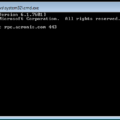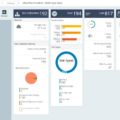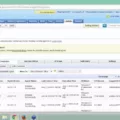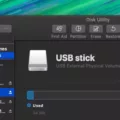As businesses grow, contracts become an increasingly important part of everyday operations. Contracts ensure that both parties have agreed to the terms and conditions of a particular agreement and provide legal protection if either party fails to fulfill their obligations. As such, it’s essential for organizations of all sizes to have a reliable system for managing contracts.
Contract management software is an invaluable tool that provides sales, legal, financial, procurement, and contract administration teams with an integrated set of tools for improved contract management. By automating and accelerating contract creation from negotiation to approval, organizations can benefit in various ways, including improved cash flow and time-to-revenue as well as reduced risks of non-compliance.
There are 3 types of software development contracts that businesses may want to consider when selecting a contract management solution: Fixed Price, Time & Material (T&M), and Dedicated Team. The type of contract chosen should depend on the organization’s specific needs and goals.
When selecting a contract management solution there are several factors to consider in order to ensure it meets your specific business goals:
• Integration – Does the software integrate with existing systems? This will help streamline the process and save time by not having to manually enter data into separate systems.
• Functionality – Is the software flexible enough to meet your specific requirements? Depending on your needs you may require features such as document storage, workflow automation, or electronic signature capabilities.
• Cost – What is the cost associated with using this type of software? It’s important to compare pricing across different solutions so you can find one that fits within your budget.
• Security – Is the software compliant with industry regulations? It’s essential that all data is securely stored in compliance with any applicable laws or regulations in order to protect confidential information.
By taking these factors into consideration you can determine which contract management solution best meets your needs. Additionally, there are several tips for effectively tracking and monitoring contracts once they are created:
1) Know where your contracts are – You should keep track of all active contracts in order to ensure that nothing slips through the cracks or falls behind on payment terms or other obligations
2) Determine what you need to track – Based on the types of agreements you have in place you may need additional data points such as start/end date, renewal date or renewal clause
3) Be proactive, not reactive – Monitor agreements closely so any potential issues can be addressed quickly before they become larger problems
4) Keep stakeholders informed – Ensure all stakeholders involved in each agreement are aware of their responsibilities so everyone is on the same page
5) Streamline processes with contract management software – Automate processes within the software so manual entry is minimized which saves time and reduces errors
contract management software can be an invaluable tool for organizations looking for better control over their contractual agreements while also improving efficiency through automation capabilities. By taking into consideration factors such as functionality, cost, integration options, and security standards when selecting a solution plus implementing effective tracking methods once established businesses can be sure they get maximum value out of every agreement made without any surprises down the line!
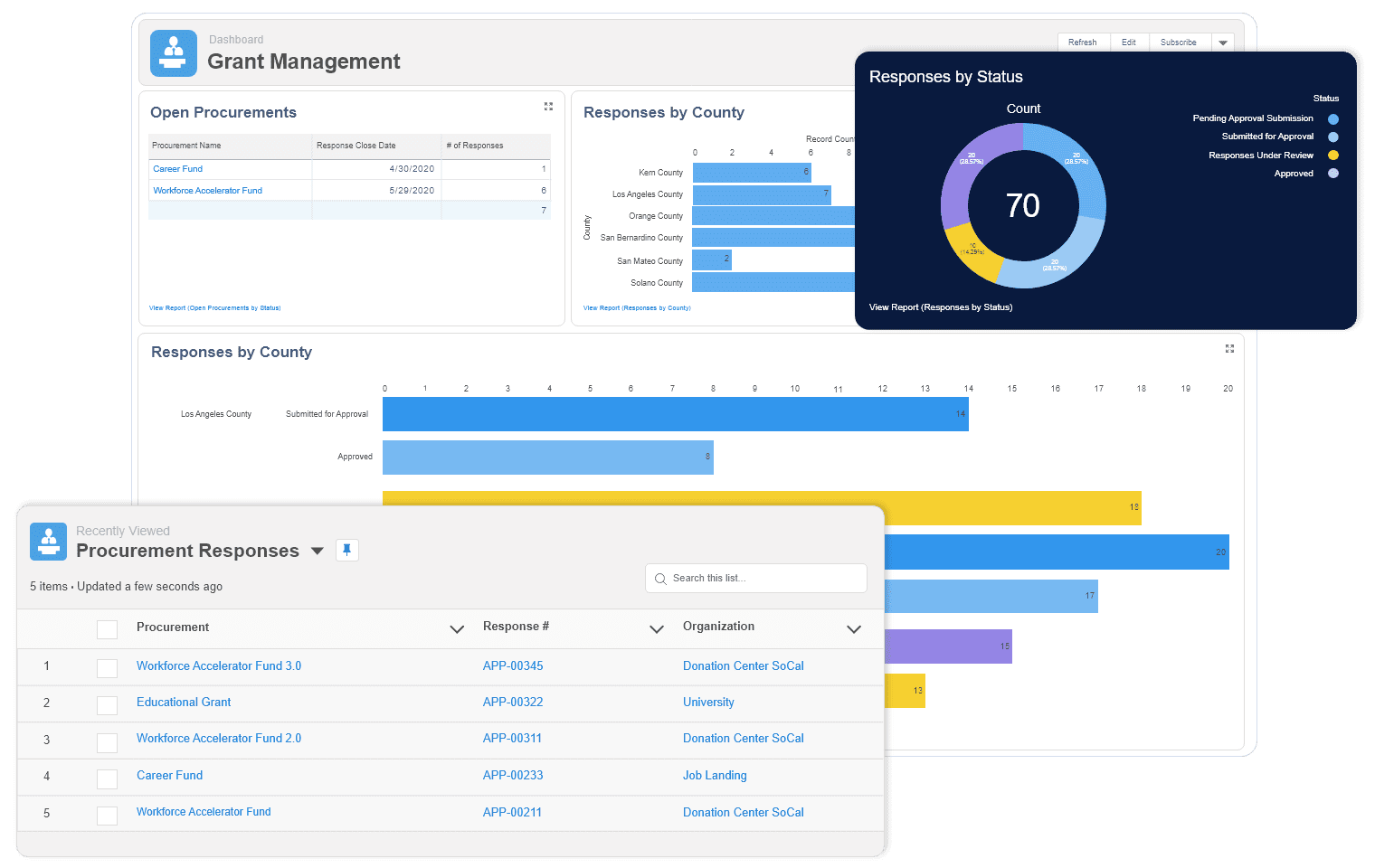
What is Contracted Software?
Contract management software is a comprehensive suite of tools that provides organizations with the ability to streamline their entire contract lifecycle. It helps them efficiently create, negotiate, approve, and manage contracts in an organized way. It enables teams to quickly and accurately capture key data points from contracts, reducing the risk of human errors and inaccuracies. The software also helps with tracking changes and provides visibility into the status of every contract in the system. Additionally, it helps companies monitor compliance with contractual obligations and automate payment processes for faster invoice processing. Contract management software also helps organizations optimize their contractual relationships by providing insights into spending performance, budget forecasts, and renewal opportunities.
The Benefits of Using a Contract Management Tool
Contract management software is a comprehensive tool that allows organizations to effectively manage their contracts throughout the entire contract lifecycle. It enables users to create, monitor, and analyze contracts, as well as track key milestones and deadlines. It also helps to identify any potential risks associated with a contract and suggest possible solutions. The software also makes it easy to negotiate terms and maintain compliance with existing laws and regulations. Additionally, contract management software can help organizations generate detailed reports that provide insights into the performance of their contracts or look for areas of improvement. Ultimately, the right contract management tool can help streamline business processes and increase efficiency while reducing costs.
Tracking Contracts
Keeping track of contracts is an important part of any business. To do this effectively, there are a few key steps you should follow. First, you need to know exactly where your contracts are stored. This includes both physical and digital documents. Once you know where they are, determine what information needs to be tracked within each contract. This could include payment schedules, deadlines, or other specific details that may vary depending on the type of contract.
Next, it’s important to be proactive when monitoring contracts rather than waiting for something to go wrong before taking action. Regularly check in with stakeholders involved in the contract and make sure everyone is aware of any changes or potential issues that arise during the agreement’s lifespan. Finally, streamline processes by using contract management software to help keep track of all the necessary information in one place. This way all parties can easily access the documents and stay up-to-date with any changes that take place throughout the duration of the agreement.
What Is the Best Software for General Contracting Businesses?
When it comes to finding the best software for general contracting businesses, there are a few key features that should be considered. The first is project management capabilities, which allow you to track progress on projects and collaborate with multiple stakeholders. Additionally, you should look for software that can help streamline back-office tasks such as invoicing, budgeting, and estimating. Finally, it is important to find software that can help in complying with industry regulations and standards.
There are many solutions available on the market today that offer these features and more. Some of the top general contractor software solutions include HSI Donesafe, Procore, Cognibox CMS, JOBPROGRESS, Sine, Autodesk Construction Cloud, and simPRO. Each of these solutions offers a wide range of features designed to make managing your business easier and more efficient.
When selecting the right software for your business needs, it is important to consider factors such as cost, customer support options, scalability, and compatibility with existing systems. Taking the time to research each option thoroughly will ensure you choose the solution that is best suited for your business needs.
Managing Contracts with Useful Tools
The two most useful tools for managing contracts are end-to-end contract lifecycle management software and a cloud-secure, SharePoint-based contract repository.
End-to-end contract lifecycle management software is a comprehensive tool designed to streamline the entire process of creating, executing, and maintaining contracts. This type of software allows organizations to manage all stages of the contract process, from drafting and editing documents to tracking key dates and deadlines. It also provides an audit trail that can be used to identify potential risks or errors in the process.
A cloud-secure, SharePoint-based contract repository is another great tool for managing contracts. This type of system stores all contracts in a secure cloud environment where authorized users can access them from anywhere at any time. The repository ensures that contracts are securely stored and organized, making it easy for organizations to quickly locate specific documents when needed. Additionally, this type of system allows users to set up automated reminders for important dates and deadlines related to the contracts.
The Benefits of Smart Contract Software
Smart contract software is a type of computer program that lives on a blockchain and automatically executes predetermined conditions when triggered. It enables users to enter into agreements with one another in a secure, transparent, and trustless environment. Smart contracts are often used to automate the execution of financial agreements, such as in the case of insurance payouts or loan applications, but they can also be used for a variety of other purposes. Smart contracts provide an immutable record of all transactions, ensuring that payments are made properly and on time without any third-party involvement or delays. They can also be programmed to enforce obligations between parties, allowing users to negotiate and enforce agreements without relying on external intermediaries.
The Benefits of CRM Contract Management
CRM contract management is the practice of managing customer contracts through a company’s customer relationship management (CRM) system. It involves tracking contractual agreements with customers, such as payment terms, service levels, and other commitments. This helps organizations keep track of their obligations to customers, as well as those that customers are required to fulfill. Additionally, CRM contract management ensures that companies are following legal and ethical practices when it comes to dealing with customers. It can also be used to track progress on contracts, generate reports on contract performance over time, and ensure compliance with all contractual terms. By using CRM contract management, organizations are better able to manage customer relationships and streamline their operations.
Managing Contracts in Excel
Excel is an excellent tool for managing contracts. To get started, begin by identifying the key fields that you will need to track in your contracts, such as contract start and end dates, payment terms, obligations of each party involved, and any other key information. Next, identify what data you can auto-calculate within your spreadsheet. This might include expiration dates, payment schedules, or other calculations which can be calculated automatically. Once you have identified what data should be manually entered and updated (such as contact details or changes in contractual terms), set up your spreadsheet accordingly.
When setting up your spreadsheet, create columns for each of the key fields that you identified earlier and add formulas to auto-calculate any data that will be calculated automatically. Make sure to include any necessary notes about the contract in your spreadsheet as well so that it is easy to reference when needed. Finally, set up a system for tracking and updating any changes which are made over time to ensure that the most up-to-date version of each contract is always available.
Does Quickbooks Manage Contracts?
Quickbooks does not have the functionality to manage contracts natively, however, it can be integrated with a third-party contract management system like Juro. This integration will allow Quickbooks users to create, store and manage contracts within the platform. With Juro, users can easily draft contracts and track their progress during the negotiation process. Additionally, they can securely send and receive documents electronically with e-signature capabilities allowing for quick and efficient contract execution. By integrating Quickbooks with a contract management solution, users can streamline their workflow and ensure that all relevant information is kept in one place.
Conclusion
In conclusion, software for contracts is an important tool that can help organizations to manage their contract process more effectively. It can be used to automate and accelerate contract creation, ensure the enforcement of commercial terms, accelerate cash flow and time-to-revenue, and reduce the risk of non-compliance. In order to make effective use of such software, organizations should know where their contracts are located, determine what they need to track, and be proactive in monitoring them. Additionally, stakeholders should be kept informed at all times. Finally, a contract management software solution can streamline the entire process, making it easier for organizations to get the most out of their contracts.

